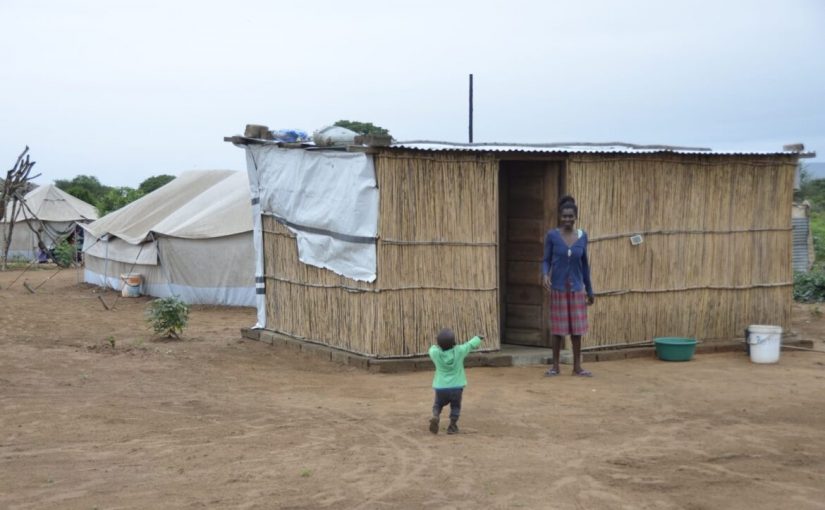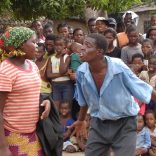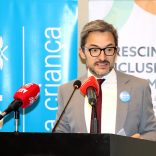Mozambique: Buddhist charity has supported over 2,000 malnourished children in Sofala since 2021
Mozambique: Resettled families in Boane struggle to get back on their feet – Notícias

Photo: Notícias
The lives of flood victims resettled in the Filipe Samuel Magaia neighbourhood in Boane are on the whole tending to improve day by day. While they are trying to transform their homes, social services such as water and electricity are gradually being provided.
Some of the approximately 300 families sheltered there have homes built from zinc sheets, reeds and tarpaulins, replacing the tents set up by the government in response to the emergency caused by the floods.
The water pipeline and the ongoing installation of electricity poles are another indication of a neighbourhood that is gradually transforming from a natural landscape to a humanized one.
The families are among the approximately 13,000 households affected by the floods last year. Some were resettled in March of this year, as part of the response to the floods and the provision of safe housing spaces.
Approximately two years since the first 49 households were resettled, ‘Notícias’ visited the Filipe Samuel Magaia neighbourhood, approximately five kilometres from Boane town, to find out what the daily life of residents is like.
The residents feel that they are living in an area that is more resilient to climate change, but do complain about the lack of some social services. The gradual establishment of basic infrastructures is therefore renewing their hopes for better days.
The main challenge faced by the community is the fact that the neighbourhood is a long way from the city, thus limiting the search for jobs. For this reason, the majority of them work clearing land for other people as a way of earning income to support their families.
Alongside the water already piped to some homes and the construction of a stand-pipe for others, residents now hope to see schools, hospitals and markets appear, the latter an acknowledged a driver of employment.












Leave a Reply
Be the First to Comment!
You must be logged in to post a comment.
You must be logged in to post a comment.